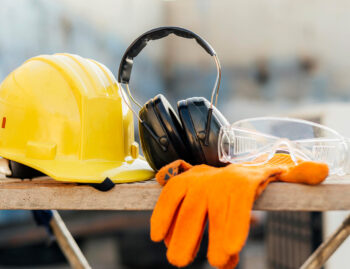
ZAES needle valves are flow control devices widely used in various industries to regulate the flow of fluids, especially where precision and fine control are required.
These valves have a specific design that makes them suitable for applications where fine adjustment of the flow rate is required.
In the following, I detail the regulations that apply to needle valves, focusing on the most common and relevant regulations.
General regulations for 1TP5Industrial valves:
ANSI/ASME B16.34:
This standard details the standard dimensions and design pressures for a wide range of industrial valves, including #aguja.
Defines standards for construction, performance and testing.
Materials regulations:
ASTM A276:
This standard applies specifically to austenitic stainless steels, which are common in the manufacture of needle valves due to their resistance to corrosion. #corrosion and at high temperatures.
ASTM A105:
It is relevant for needle valves using carbon steels in their construction.
ASTM B564:
This standard is essential if nickel alloys are used in needle valves, as it establishes the properties of these alloys.
Design and #manufacturing regulations:
API 600:
Although this standard focuses on gate valves, it can be applied to gate valves. 1TP5Valves needle roller bearings used in specific applications.
Defines requirements for the design and manufacture of cast steel valves.
Quality standards and testing:
API 598:
This standard establishes test procedures and acceptance standards to ensure the quality and performance of valves.
It includes evidence of 1TP5Leakage, 1TP5Resistance and 1TP5Operation.
API 602:
Although it focuses on forged steel valves, some of its requirements apply to needle valves, including leak testing and pressure testing.
ANSI/FCI 70-2:
It provides specific guidelines for the performance testing of valves and fittings. #controlwhich are relevant for needle valves used in flow control systems.
Application-specific regulations:
ASME B31.3:
Applies to piping systems used in plants 1TP5Chemicals y #petrochemicals. It may include specific guidelines for the selection and use of needle valves in these critical applications.
MSS SP-117:
It sets standards for the 1TP5Inspectioncleaning and testing of needle valves, especially in critical services.
International regulations:
ISO 5208:
Defines test requirements for industrial valves in general and is applicable to needle valves in terms of leakage assessment.
ISO 15761:
Provides guidelines for the selection of valves in industrial piping systems, including needle valves.
Safety regulations:
IEC 61508:
It is relevant if needle valves are used in safety instrumented systems, as it sets standards for the functional safety of electronic, electrical and programmable systems.
FDA (US Food and Drug Administration) regulations:
21 CFR 211:
Applicable to the #manufacturing of products #pharmaceuticalsincluding needle valves used in pharmaceutical production processes.
AWWA (American Water Works Association) standards:
AWWA C504:
Applicable to gate valves and butterfly valves, but may be relevant for needle valves used in water treatment systems.
NACE (National Association of Corrosion Engineers) standards:
NACE MR0175/ISO 15156:
Focuses on the selection of corrosion-resistant materials for environments #aggressivewhich can be critical in applications with #fluids where needle valves are used.
These regulations and standards are essential to ensure the quality, safety and performance of needle valves in a wide range of industrial and commercial applications.
In addition to these regulations, it is important to follow local regulations and industry best practices to ensure safe and reliable operation of needle valves in each specific application.









